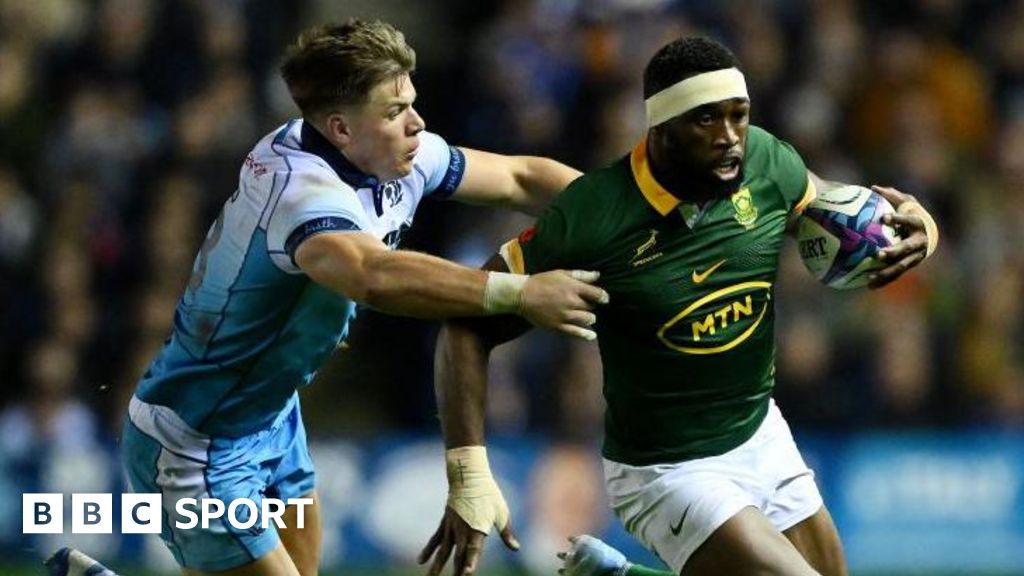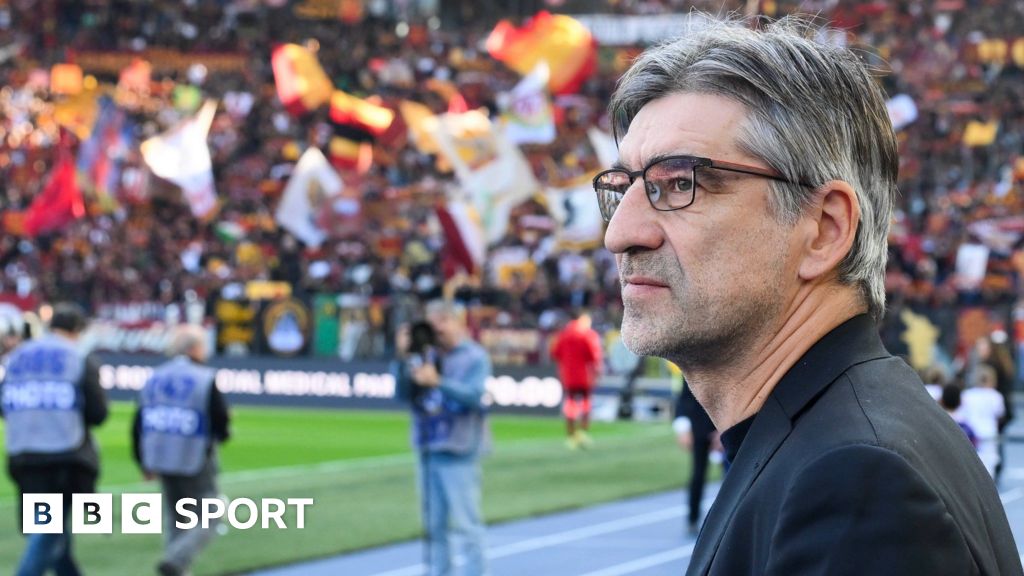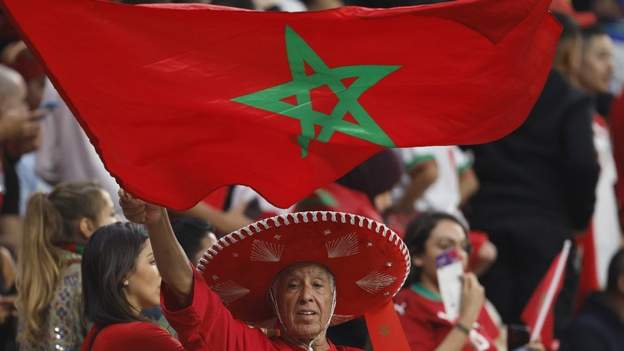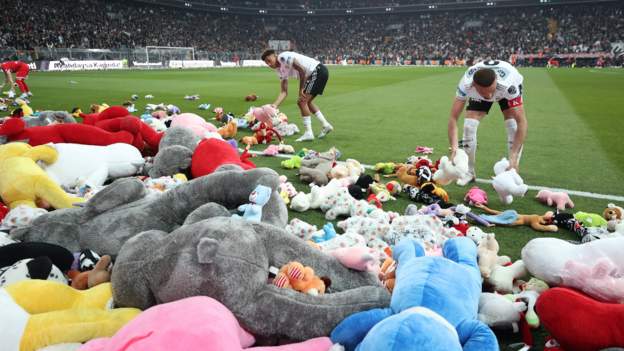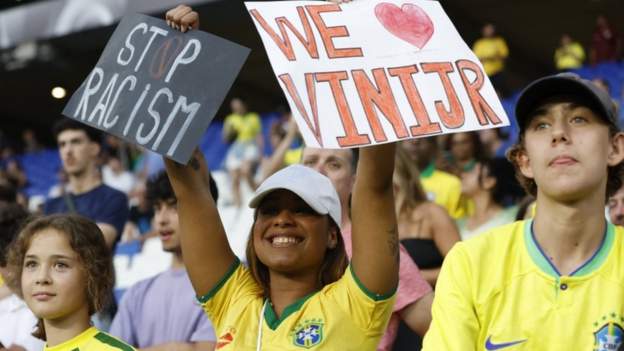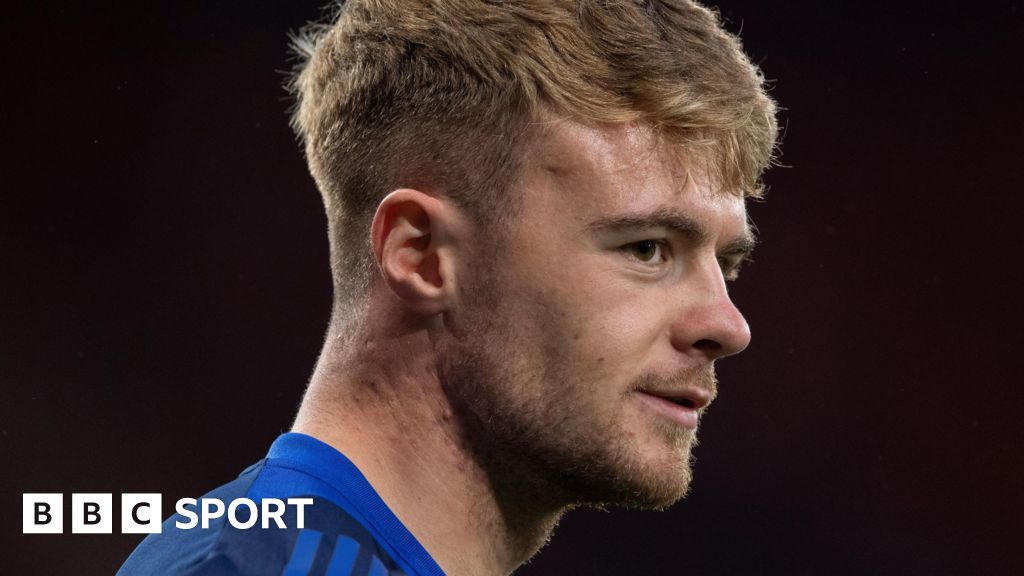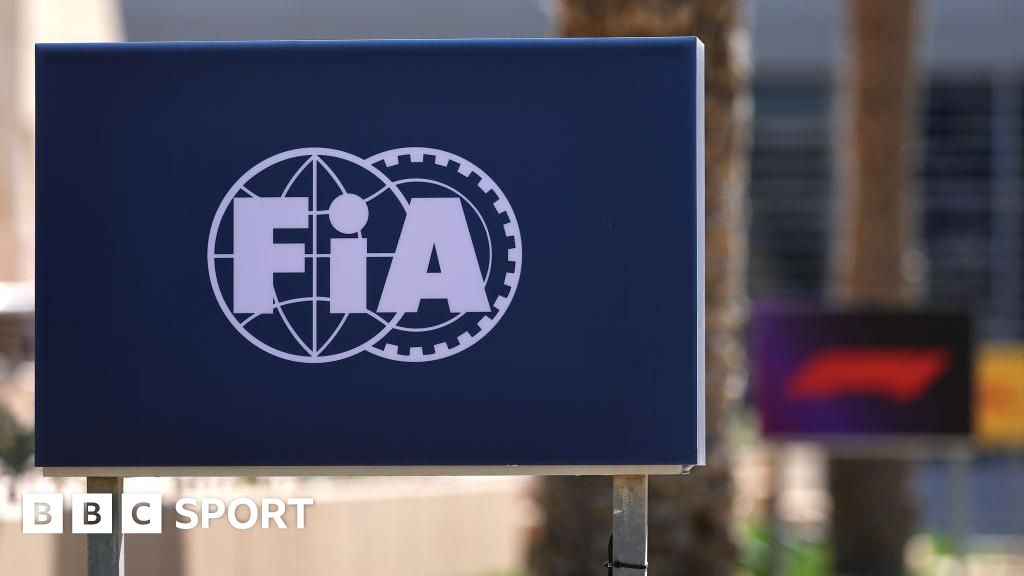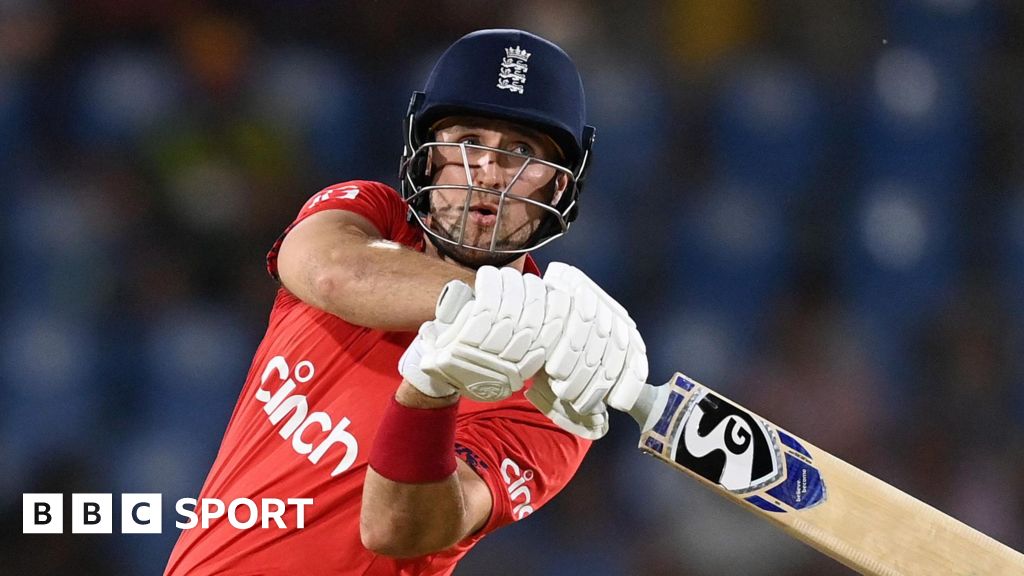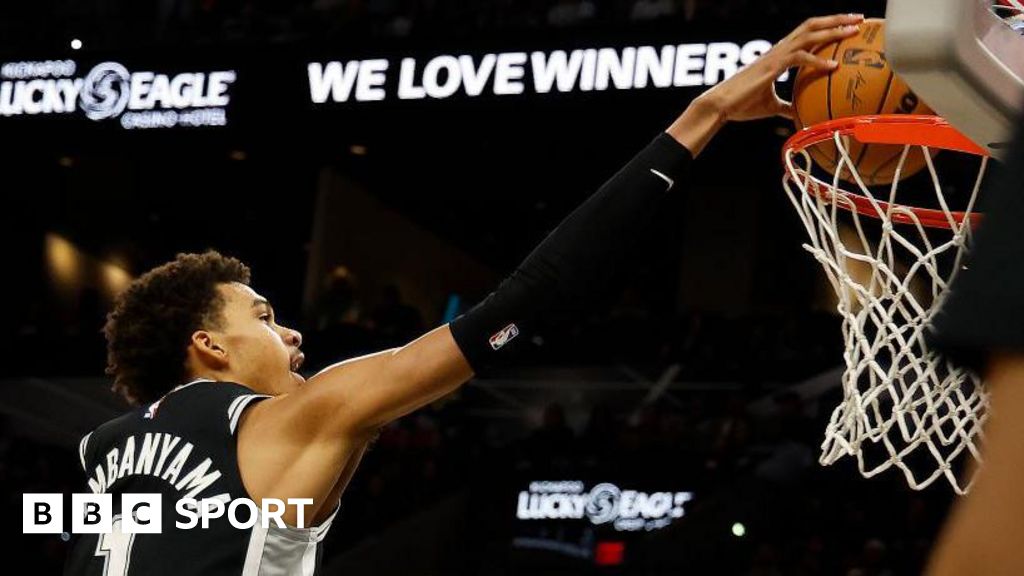Moroccan officials remain confident the North African country can launch a strong bid to replace Guinea as hosts of the 2025 Africa Cup of Nations (Afcon).
But having successfully hosted both the Women’s Africa Cup of Nations and the Club World Cup in the past 12 months, the Atlas Lions believe they can see off neighbours and rivals Algeria in the bidding process.
“Morocco is ready,” top Moroccan official Hassan Kharbouch told BBC Sport Africa.
“We just organised a successful Club World Cup after our previous successes of hosting this same tournament in 2013 and 2014.”
Kharbouch is director of the Mohammed VI Football Complex, a project launched over a decade ago that has been praised for its role in helping the men’s national team become the first from Africa to reach a World Cup semi-final at last year’s tournament in Qatar.
“We’ve also staged the Under-17 and Under-23 Nations Cups and as hosts we delivered record African attendances for the Women’s Cup of Nations in Rabat and Casablanca in 2022,” Kharbouch continued.
“We have all the facilities and logistics to organise the African Cup of Nations, not only in Rabat and Casablanca but also in Tangier, Oujda, Fez, Marrakech and Agadir, each venue boasting of a number of training sites.”
The race to replace Guinea
The Confederation of African Football (Caf) president Patrice Motsepe confirmed last month that Algeria, Morocco, South Africa, Zambia and a joint Benin-Nigeria bid are in the running to replace Guinea as hosts of the 2025 event.
The West African nation were stripped of the 24-team event in October because of a lack of suitably advancing infrastructure and facilities.
Motsepe said the successful replacement would offer the best “transport, logistics, hotels and beautiful stadiums”.
“Each region will have a chance to organise a Cup of Nations; we cannot assign the organisation of the tournament successively to the same region,” said Motsepe.
This would seem to count against Benin and Nigeria, because another West African nation, Ivory Coast, will host in 2023.
Zambia have never hosted the tournament, while 1996 and 2013 host South Africa’s economy is struggling.
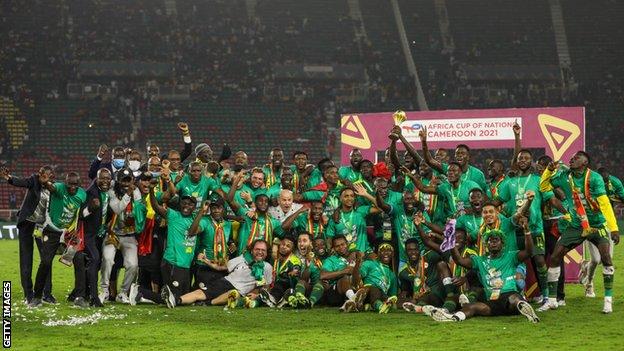
Bidding against bitter rivals
This all means that Morocco and North African rivals Algeria are regarded as favourites – and both nations will push hard for the right to host the 35th edition of the continental showpiece.
Algeria last hosted the Cup of Nations in 1990, but they are boosted by a successful hosting earlier this year of the delayed 2022 African Nations Championship (CHAN), using four locations: Algiers, Oran, Constantine and Annaba.
January’s CHAN tournament, which produced big crowds with top facilities on display, may have been overshadowed by the political tensions between both countries, but Algeria are also set to stage another continental event, the Under-17 Nations Cup in April.
Despite facing huge competition from Algeria, Kharbouch believes Morocco offers the right combination of growth, security, facilities, infrastructure and passionate fans.
“In Rabat alone there are more than than 10 pitches in which teams can have their training sessions. We also have big hospitals,” added the man who organised the Under-23 Afcon in 2011.
“In the Mohammed VI training centre we have eight pitches and a huge medical centre with radiology, rehabilitation and other facilities that impressed a big club like Real Madrid to want to plan a future pre-season camp here.
“And you can travel one hour from Tangier to Rabat, with the TGV and it’s about 45 minutes to Casablanca.
“We have the highways, hospitals. IT and communication are of the highest standard.”
“It’s not about having stadiums, but you have to manage that stadium during competition.”
Following a last-minute postponement, Caf is now expected to announce their decision some time in March.
Key facts about Morocco
Morocco were the first African country to qualify for a World Cup in 1970, the first to reach the last 16 in 1986 and the continent’s first semi-finalist in 2022.
The Atlas Lions won their only Africa Cup of Nations in 1976, beating Guinea in the final, but lost the 2004 final to host nation Tunisia.
The first African referee to take charge of a World Cup final – when France beat Brazil in 1998 – was Moroccan Said Belqola.








